Mentorship leads to academic, professional and personal growth.
Shaping the Future
Faculty Mentors
Ask your advisor, instructors, teaching assistants and other students about faculty doing scholarly work in your area of interest. The Office of Undergraduate Research has recommendations for finding a mentor.
Senior Peter Schaefer is being mentored by economics professor Brittany Street. “I am gaining valuable experience that applies to what I want to do for a career,” he said. “The experience I am gaining will be great to talk about in interviews, on my résumé and just overall aid me in my aspirations.”
Schaefer recommends students reach out to professors whose classes they have taken, professors who other students have done research with, or even other students. “It was another Mizzou economics student who connected me with Dr. Street,” he said.
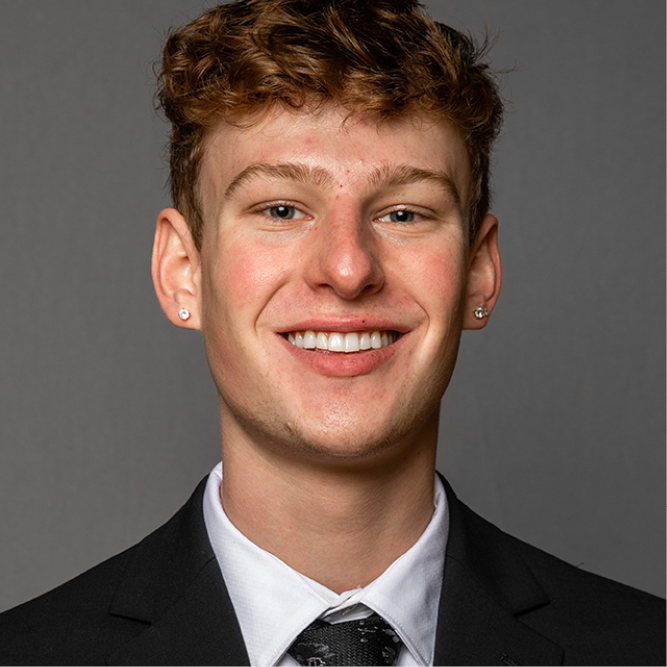
Staff Mentors
Mentors can come from anywhere. They may be a supervisor in your on-campus job, an advisor to your student organization, or someone who works in one of Mizzou’s resource centers. The important thing is that they are someone you want to emulate in your professional life.
Sergio Pico-Vazquez, a senior studying information technology-cybersecurity, works in the Department of Information Technology. He counts his senior colleagues as mentors. “They have served not only as supervisors but also as people I can go to and ask them questions about anything,” he said. “Having mentors I can look up to and ask for guidance has been key not only in my education but in my career.”
“If you feel the need for guidance, reach out to the people around you,” Pico-Vazquez said. “No one will hesitate to help you succeed.”
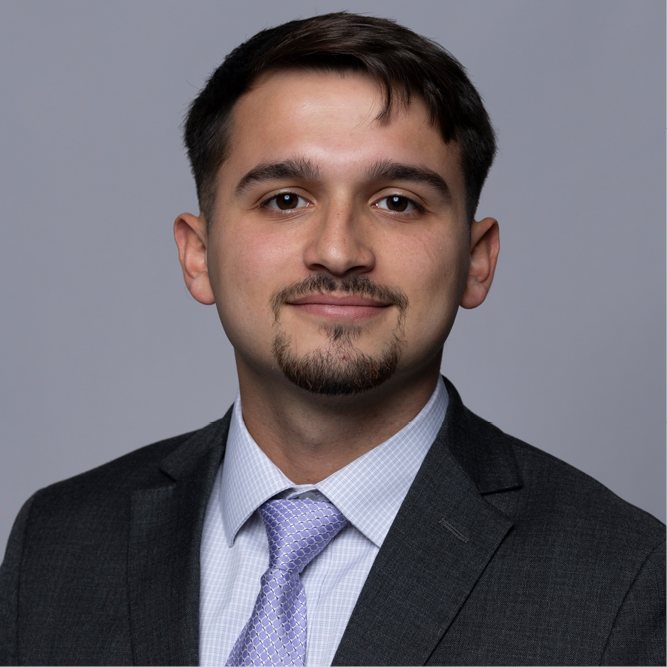
Disability Center Peer Mentor Program
The Disability Center’s Peer Mentor Program pairs incoming and current students — empowering students by connecting them with resources, services and a supportive community. Through this program, mentors and mentees have been able to connect over similar disabilities, questions on accommodations and hobbies.
“Mentors have assisted mentees in navigating not only resources, but technology, getting around campus, and extracurricular group questions,” said Kristin Mossman, assistant director of operations for the MU Disability Center, who oversees the mentorship program. “All students connected with the Disability Center should consider joining.”
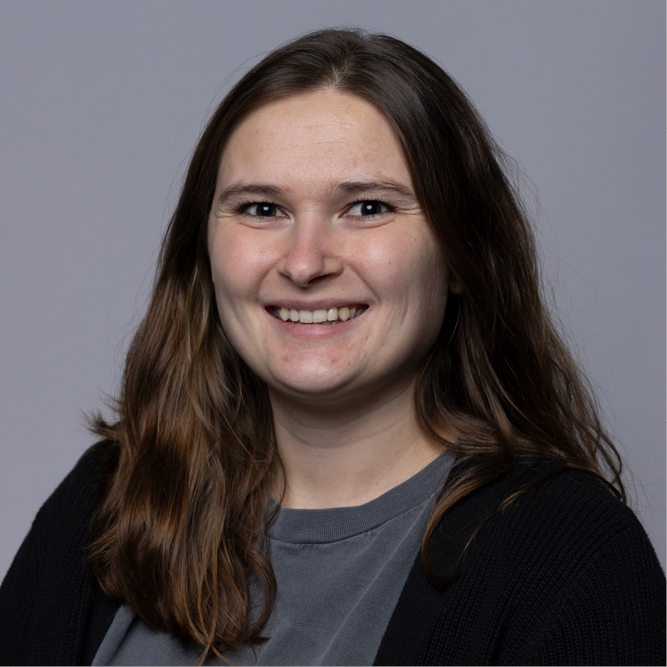
TEAM
Transfer Experience & Advising Mentors (TEAM) help build community and promote knowledge of academic resources for new transfer students. Mentors and mentees form friendships and explore campus and its resources together.
“As a transfer student, you sometimes feel like you have missed out,” said Ana Rembecki, a former TEAM mentee who now runs the program. “Having someone there who’s been in your shoes can really help to level the playing field and adapt to a new environment.”
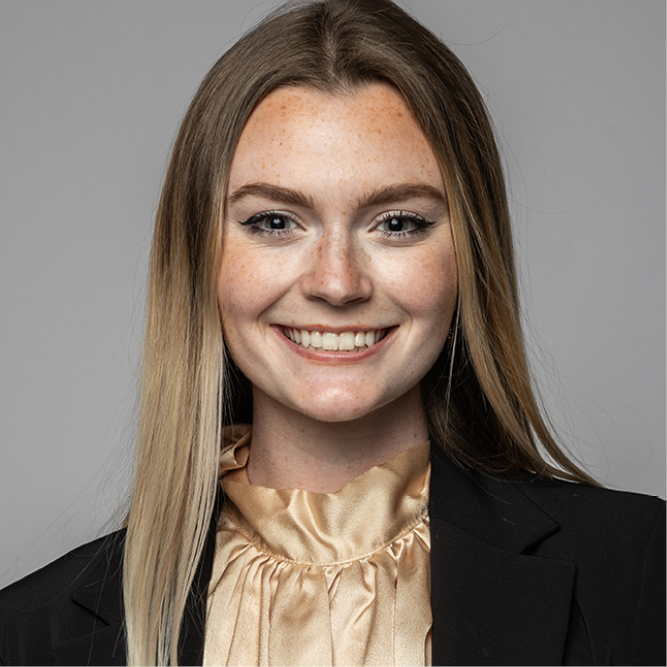
Griffiths Leadership Society
The Griffiths Leadership Society connects an influential and dynamic group of women leaders with ties to Mizzou through mentorship and networking. Griffiths promotes the growth and education of women through in-person and virtual programming.
Senior Gabriela Ionita said the Griffiths Leadership Society has provided her with a sense of belonging. “It has been an essential part of my college experience because of its encouraging and supportive community of female leaders,” she said.
“The Griffiths Leadership Society has provided me with numerous opportunities to refine my communication and teamwork skills, and most importantly, it has given me the confidence that I can achieve any goal I set in life,” Ionita said.
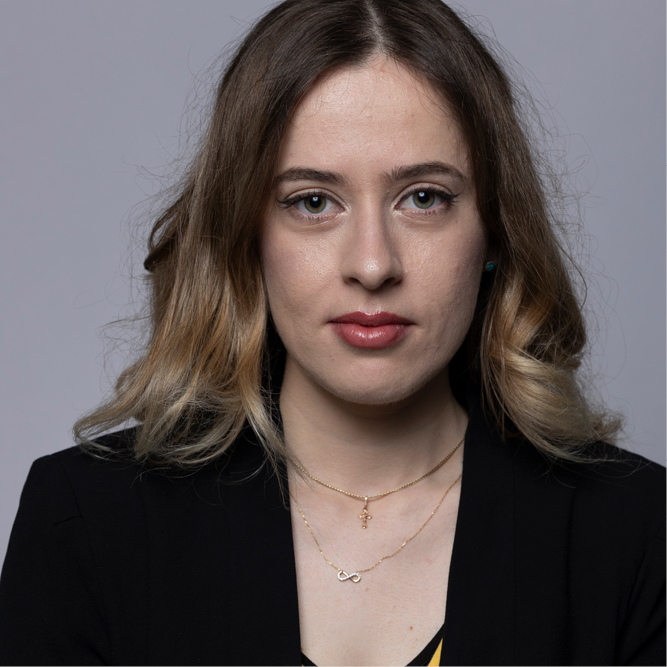
McNair Scholars Program
The McNair Scholars Program provides enriching experiences that prepare for doctoral study first generation students and students who are members of groups underrepresented in graduate education. Scholars receive stipends to conduct research and engage in other scholarly activities with faculty mentors.
“McNair has taught me some of the secrets of academia,” said junior John Martin, a dual major in economics and mathematics. “The program also offers a feeling of togetherness that is hard to come by when you are an undergraduate hoping to pursue a PhD. McNair surrounds me with individuals coming from similar backgrounds who want to persevere the same as me.”
Martin encourages prospective scholars to build connections with McNair staff. “Ask about what they look for in their scholars and what you can do to improve your resume for when you do apply,” Martin said. “I would also encourage you to join the Office of Academic Access and Leadership Development’s Discover Program, a pathway program for McNair that offers a similar breadth of opportunities but without the research component.”

Undergraduate Research
Undergraduate research opportunities become available to you as soon as you arrive on campus. Participating helps you engage with faculty mentors and explore academic interests in all fields, not just sciences and technologies, and develop career skills.
Dylan Fowler, a senior majoring in chemistry and mathematics, intends to pursue a graduate degree in theoretical chemistry. “When I started working with Dr. Kurt Brorsen, I didn’t even know what theoretical chemistry was,” he said. “I credit his passion and his patient encouragement for making my first forays into the field enjoyable and exciting.”
If you are interested in research but don’t know how to get started, start by contacting the Office of Undergraduate Research. Also review department websites to discover researchers who interest you and write to them expressing interest in their work.
And build relationships with your instructors. If they don’t have a position for you, they might know someone who does. Plus, being known by a faculty member may help you get a letter of recommendation for other opportunities.
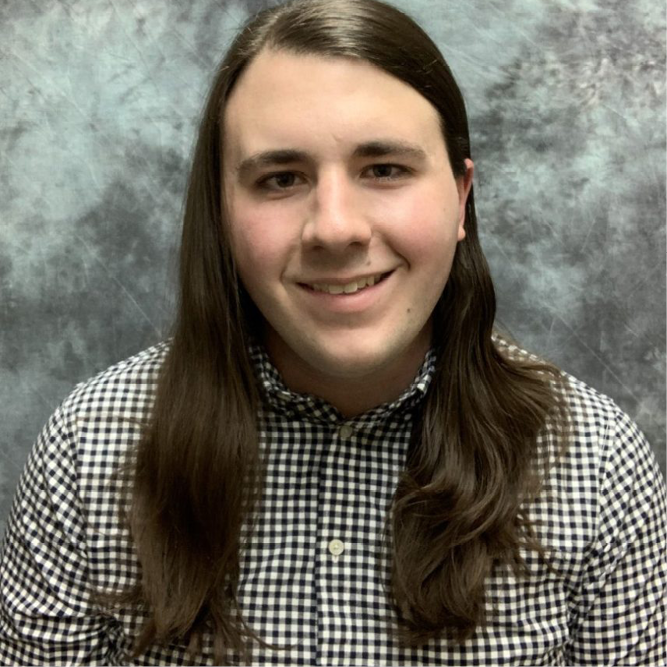
Resources
Finding support and people you identify with provides opportunities to connect with Mizzou resources and the community. Here are some identity-based mentorship opportunities:
- The Mizzou Black Men’s Initiative (MBMI) is a one-year student success program open to first-year undergraduate students at the University of Missouri.
- The Mizzou Black Women’s Initiative (MBWI) is a one-year student success program open to first-year undergraduate students at the University of Missouri.
- The Legion of Black Collegions (LBC) takes pride in working to develop a lasting appreciation of social, moral, intellectual, and most of all, cultural values that will uplift the Black student in the pursuit of academia, and heighten the cultural consciousness of all students in all aspects of student life.
- The Women’s Center provides a support system for women on campus, giving them opportunities to get involved and connect.
- The LGBTQ Resource Center works to foster a welcoming and inclusive environment for Mizzou community members with a focus on queer and transgender students.